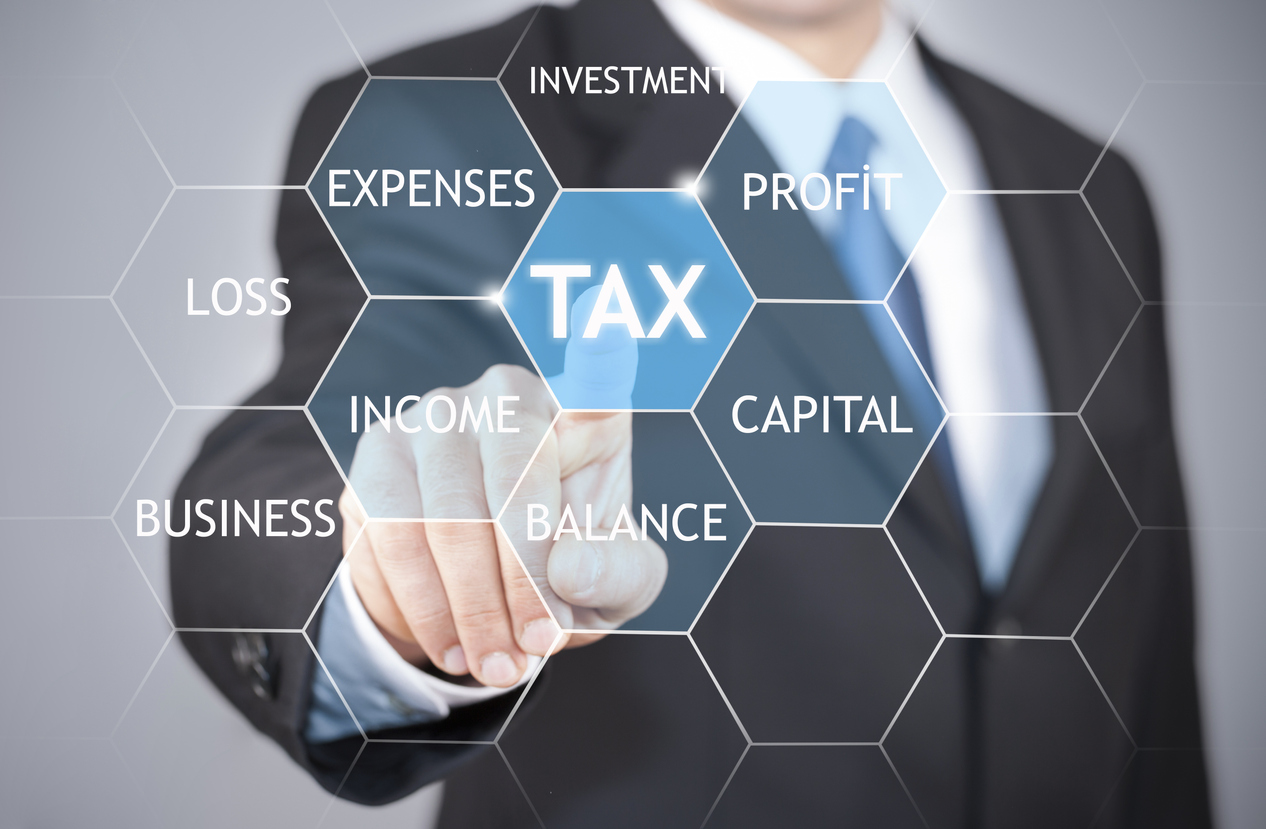
Improving Maryland’s tax and business climate
Originally published in The Daily Record
Nearly two years since the COVID-19 pandemic rocked our national economy and sent millions into unemployment, Maryland’s citizens are still fighting to recover. But lawmakers in Annapolis have an opportunity to ease this struggle during the 2022 legislative session by tackling one of the primary impediments to widespread opportunity in our state: Taxes.
According to the U.S. Department of Labor, Maryland’s unemployment rate stands at a disappointing 5.7%. Compared to the rest of the country, we are sandwiched near the bottom between Mississippi and Illinois, states known as an economic backwater and land of fiscal anguish, respectively.
Meanwhile, folks in states like Virginia, Nebraska, Utah and Idaho, are enjoying an economy that looks much like it did before the virus came to our shores. In Utah, which has an astonishing 2.2% unemployment rate, you’d be hard-pressed to find an unemployed adult.
So, why are so many thousand more Marylanders wallowing in joblessness almost two years after the initial shutdowns?
Simply put, because our state government has grown so much in recent years, it taxes local businesses and citizens to the point of sabotaging their ability to thrive.
Our state government spends significantly more than the national average, bloating bureaucracies and filling the pockets of the politically connected, especially those who lobby via powerful public-sector unions. This spending addiction piles more than $2 billion onto our already massive state debt annually and induces lawmakers in Annapolis to dig deeper and deeper into our pockets through taxes.
The result is as painful as it is obvious: Thanks to our extremely high corporate taxes and personal income taxes that are applied to businesses structured as pass-through entities, our state is an uncompetitive place to live and do business.
According to the Tax Foundation, we have the fifth-worst business climate in the country. According to CATO Institute, we are sixth-worst in terms of overall economic freedom. And according to the American Legislative Exchange Council’s latest “Rich States Poor States” report, we have the 10th worst economic outlook in the country.
This lack of competitiveness due to high taxes drives people from our state. According to two moving companies that track national migration trends, Maryland was among the top states people moved away from in 2020. North American Moving Services says that Maryland saw the fifth most outbound moves and has made the list for the top states people leave every year since 2015. United Van Lines ranked Maryland as the state with the 10th most people leaving. Notably, United’s study also showed that 41% of people who left did so for a job and 26% left to retire, meaning that we are pushing people away both during their prime working years and beyond.
Ironically, these departures wreak havoc on the state’s ability to collect the taxes it so desperately wants.
Based on IRS tax migration data over 1992-2018, Maryland loses an average of about $655 million in Adjusted Gross Income annually, as high-income earners exit to friendlier tax climates like Florida and Virginia. In 2016, a special commission concluded that the state’s “tax structure is a detriment to [its] competitiveness in attracting and retaining businesses as well as in creating jobs and expanding the revenue base of the government itself.”
To end this cycle of government-induced pain and enable Marylanders to take advantage of a growing and free economy, lawmakers in Annapolis need to alter their focus in the new legislative session. Instead of concocting schemes to grow government spending, they should trim spending in areas noticeably above national averages so that they can lower the high taxes they burdened local businesses and workers with since the Maryland Tax Reform Act of 2007.
For a long time, Maryland’s corporate income tax was at a reasonable 7% until it was hiked to 8.25% in 2007. To ensure we are at least marginally competitive in attracting jobs compared to neighboring states it should be brought back down.
And to slow the flow of high-income earning small business owners away from the state, lawmakers should take the 2016 special commission’s advice and exempt $20,000 of a pass-through entity income.
By enacting these reforms, our state can begin to resemble successful peers like Virginia and Utah bring tens of thousands of unemployed people back onto the path to their American Dream.
Christopher B. Summers is president and chief executive officer of the Maryland Public Policy Institute.
Note: This article is featured in The Daily Record's Eye on Annapolis Summit magazine that was inserted with the Wednesday, January 12, 2002 issue of The Daily Record.






